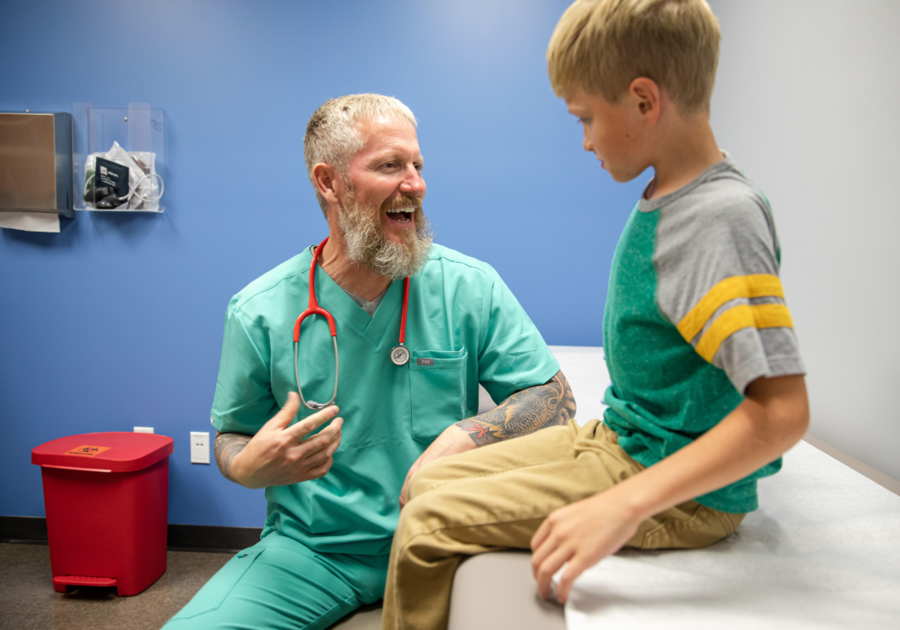As a pediatrician and father of four children, I understand that parent-teacher conferences can be stressful for all involved. Teachers are often faced with burgeoning class sizes, academic demands seem to grow exponentially, and learning standards can be four-letter words to all involved. So, what is a parent to do when Johnny talks too much, Suzy is off-task, or Billy is out of his seat when expected to remain seated?
Attention deficit hyperactivity disorder (ADHD) is characterized by inattention, hyperactivity, and impulsivity that are pervasive, age-inappropriate, and impair multiple areas of one’s life. Approximately 2-3% of our population is affected by ADD and ADHD. Thankfully, this can be managed very successfully and most frequently without the need for medication.
Unfortunately, ADD and ADHD are frequently over-diagnosed. Eight to eleven percent of school-aged children are currently being medicated for a presumed diagnosis of ADHD. With the actual incidence of ADHD only being 2-3%, you can see that it is often mis-diagnosed. Behavior disorders, mood disorders, and learning disorders, such as dyslexia, can mimic symptoms of ADHD and can be clinically difficult to separate.
The key to appropriate diagnosis and management is performing an exhaustive history and instituting strict behavioral modification programs to assist the child in the academic setting and at home. This typically requires multiple extended office visits and close follow-ups with families to assess therapeutic response to behavioral modifications. Medications should be at the very end of the management plan only if other behavioral techniques are unsuccessful and the child is at risk of academic failure.
The medications most frequently used to treat ADD/ADHD are central nervous stimulants, such as amphetamine and methylphenidate. These are federally controlled substances with extensive side effect profiles. There are situations where medications are indicated, and I have seen certain patients respond well to these medications. However, sometimes kids are just kids and simply need a little more time or a different approach. I suggest talking with your pediatrician at length and developing an individualized program to ensure the success of your child.



